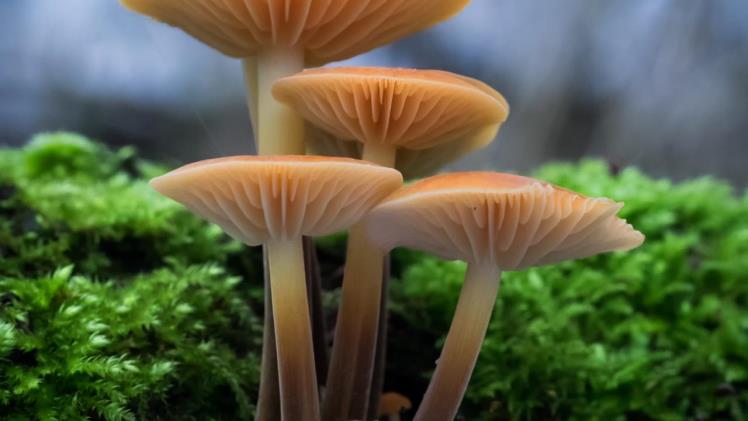Research into the therapeutic potential of mushrooms has unveiled some fascinating findings, particularly in the realm of oncology. Various studies have indicated that certain mushrooms, often referred to as “health mushrooms” or “healing mushrooms,” possess properties that could be beneficial in the fight against cancer. This article delves into this exciting area of research, highlighting key aspects and developments.
The world of medicinal mushrooms is vast, with a variety of species showing promise in cancer research. These mushrooms contain bioactive compounds that are thought to have anti-cancer properties. The most commonly studied species include reishi, shiitake, maitake, and Turkey Tail, among others. These “medicinal mushrooms” are not just culinary delights; they are being scrutinized for their potential health benefits.
The anti-cancer properties of these mushrooms are believed to stem from their ability to boost the immune system and inhibit tumor growth. Compounds such as polysaccharides, particularly beta-glucans, are thought to stimulate the immune system, helping the body to fight against cancer cells more effectively. Additionally, some mushrooms have been found to induce apoptosis (programmed cell death) in cancer cells, inhibit angiogenesis (the formation of new blood vessels that tumors need to grow), and even reduce the side effects of conventional cancer treatments like chemotherapy.
Incorporating these healing mushrooms into one’s diet or wellness routine has become increasingly popular. They are available in various forms – fresh, dried, as powder, or encapsulated. When dried, the caps and stems of these mushrooms retain their beneficial properties and can be rehydrated for use in cooking or teas. Powders and capsules, often containing concentrated extracts of the mushroom mycelium, provide a more convenient way to consume these beneficial compounds.
For those interested in exploring these natural remedies, it’s important to source high-quality products. The website OM.SHROOM offers a range of products, from dried mushrooms to capsules, and is a reliable resource to find the best medicinal mushrooms.
It’s essential to note, however, that while the research is promising, medicinal mushrooms should not be considered a standalone treatment for cancer. They are best used as a complementary approach, alongside conventional treatments. Consulting with a healthcare professional before starting any new supplement regimen, especially when dealing with a serious condition like cancer, is crucial.
In conclusion, the potential of medicinal mushrooms in the fight against cancer is an exciting area of research that offers hope for new, more natural treatment methods. While more research is needed to fully understand and harness their potential, the current evidence suggests that these mushrooms could play a valuable role in cancer care. Whether consumed as part of a balanced diet or taken as supplements, these health mushrooms offer a natural way to potentially bolster the body’s defenses against cancer.

